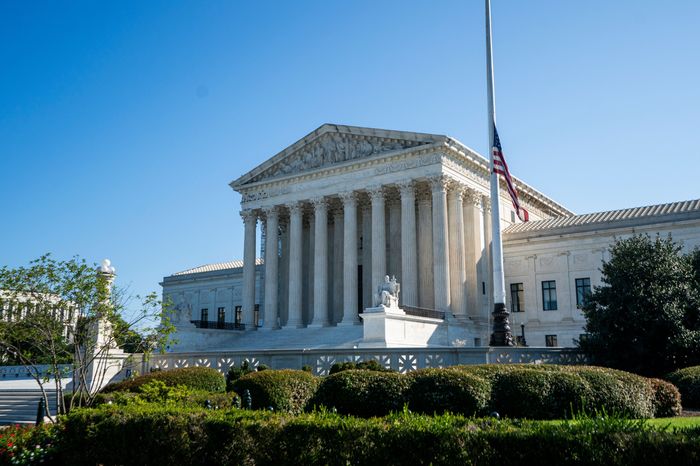
Zackey Rahimi pulled a gun on his ex-girlfriend in a parking lot and shot at a witness who saw them arguing, prompting a Texas family court to issue a protective order in 2020 temporarily forbidding him from possessing firearms.
Rahimi ignored the order, authorities say, going on to threaten another woman with a gun, fire an AR-15 into the house of one of his narcotics customers, and shoot into the air at a Whataburger drive-through after his friend’s credit card was declined. That led to his conviction under a 1994 federal law prohibiting people under domestic-violence orders from possessing guns—and set up the latest chapter in the modern history of the Second Amendment.
Earlier this year, a federal appeals court in New Orleans struck down the 1994 federal law for violating the constitutional right to keep and bear arms. On Tuesday, the Supreme Court will consider the Biden administration’s appeal in U.S. v. Rahimi, which argues that the law—and similar measures in nearly every state—not only is constitutional, but has helped protect vulnerable women, children and bystanders from deadly violence.
“The presence of a gun in a household with a domestic abuser increases the risk of homicide fivefold,” according to research cited by the Justice Department’s brief. “Abusers also use guns to threaten, pistol-whip, and shoot their partners or their partners’ children, relatives, and pets,” the brief argues, enabling them “to perpetuate their pattern of abuse.”











